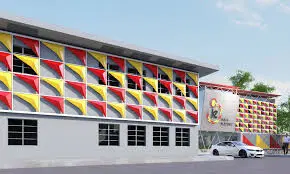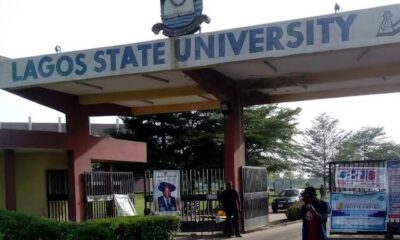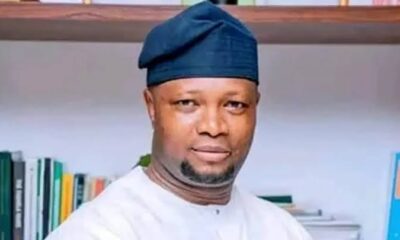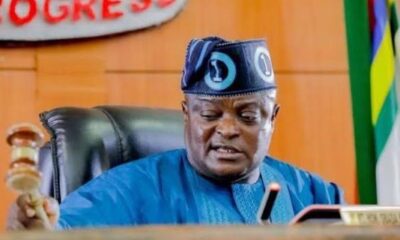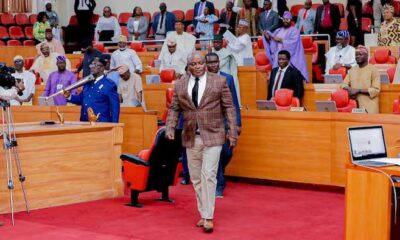Inside Nigeria
Gov Sanwo-Olu downplays concerns over Lagos State debt profile
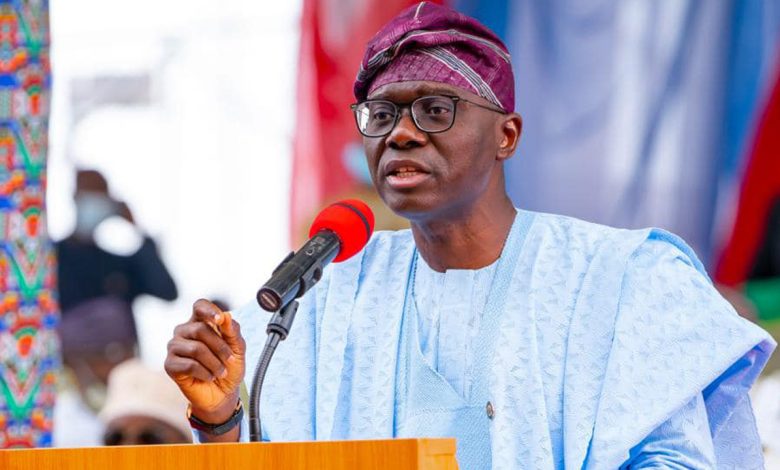
Governor Babajide Sanwo-Olu has dismissed concerns regarding Lagos State’s debt profile, affirming that Nigeria’s most indebted state remains within sustainable borrowing limits.
Speaking on Channels Television’s Politics Today, the governor assured residents that the state’s debt-to-revenue ratio is still below the national benchmark of 40%.
Sanwo-Olu emphasized that Lagos’ borrowing is carefully managed and aligned with the state’s revenue capabilities, reinforcing his administration’s commitment to financial prudence.
“The standard debt ratio we are meant to meet is about 40%, but today, we are around 28-29%, so we are not even close to the threshold,” the governor stated.
Sanwo-Olu argued that Lagos’s current debt burden should be considered an investment in the state’s future.
He pointed out that Lagos can manage far higher debt, referencing a statement he made in February about the state being able to absorb ₦20 trillion in debt.
“This ₦2 trillion debt figure is just a number. Lagos has the capacity to manage up to ₦20 trillion. In fact, my team initially proposed a ₦6 trillion budget this year, but we settled on ₦2 trillion to remain prudent,” Sanwo-Olu explained.
The governor made reference to the exponential growth of Lagos’s budget over the past five years, noting that the state has consistently achieved over 90% budget performance.
“When we came into office, we inherited a budget of ₦620 billion. Today, Lagos is working with a budget of ₦2.3 trillion, and by the end of this year, we expect to close at about ₦2.5 trillion,” Sanwo-Olu said.
He brought to the fore Lagos’ efficient financial management, stating that the state achieves 95% budget performance annually.
According to him, the performance reinforces Lagos’ economic strength and ability to service its debts responsibly while driving development.
The governor’s defence of the state’s debt policy comes amid growing concerns over Nigeria’s overall public debt burden, with analysts debating the long-term sustainability of heavy borrowing at both federal and state levels.
“Our investments today will yield returns tomorrow,” he assured.
Recall that Lagos state emerged as the highest debtor among Nigeria’s federating units, both in domestic and foreign debt, according to the latest data from the National Bureau of Statistics (NBS).
The report shows that in the first quarter of 2024, Lagos recorded the highest domestic debt at ₦929.41 billion, with Delta State trailing far behind at ₦334 billion.


